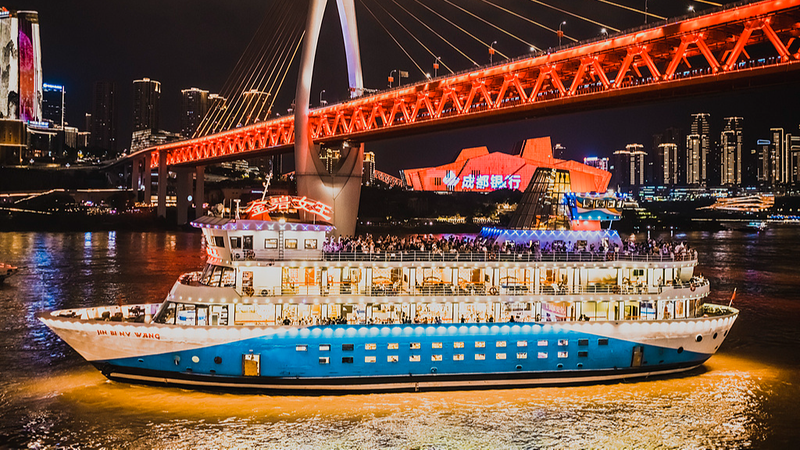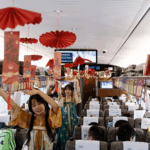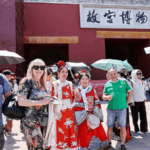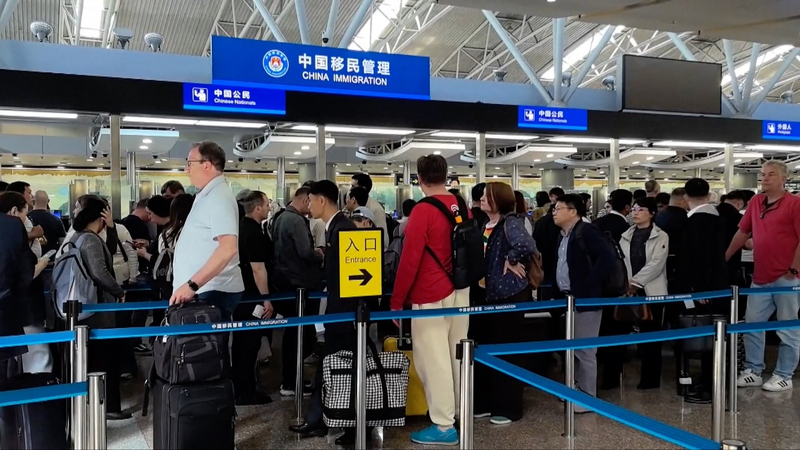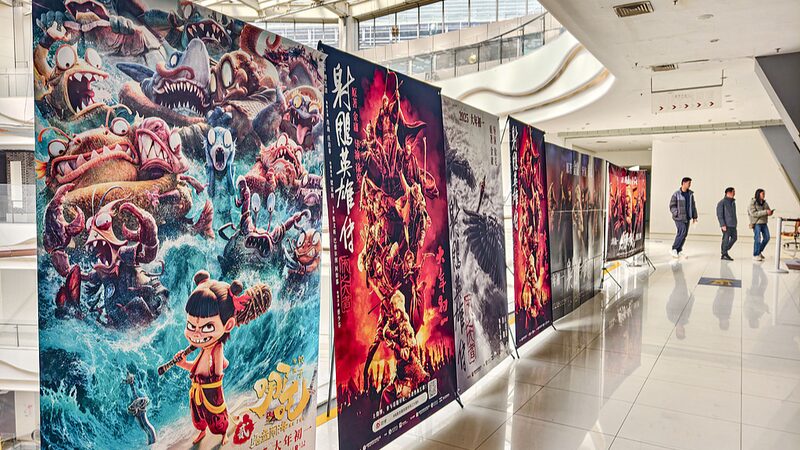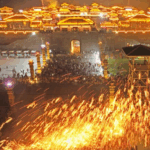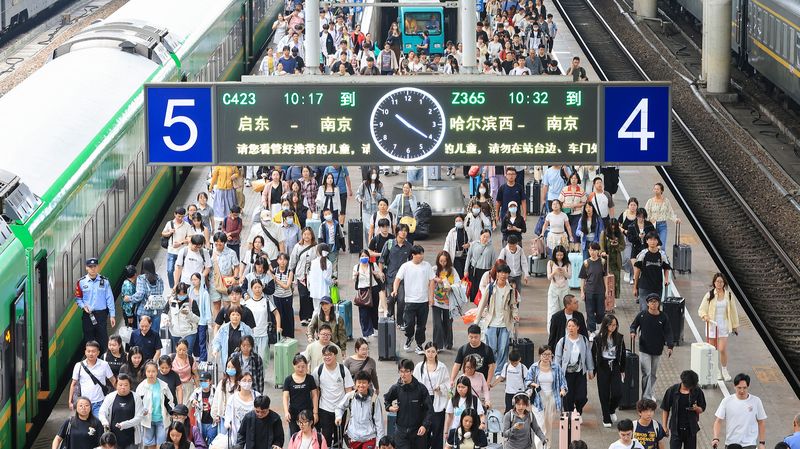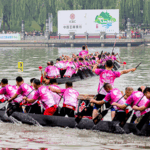China's eight-day National Day and Mid-Autumn Festival holiday, dubbed the 'super golden week,' has evolved into a nationwide catalyst for economic revitalization and cultural celebration. Cities across the Chinese mainland deployed innovative strategies to transform festive enthusiasm into sustained economic growth, blending tradition with modern consumer trends.
Economic Surge Through Tourism
From historical landmarks to tech-driven urban hubs, regions leveraged their unique identities to attract visitors. Local governments introduced themed festivals, discounted travel packages, and night markets, driving retail and hospitality sectors to record highs. Preliminary data suggests domestic tourism revenue surpassed pre-pandemic levels, signaling robust consumer confidence.
Cultural Innovation Drives Engagement
Traditional mooncake makers collaborated with digital platforms for limited-edition designs, while cities like Xi'an integrated Tang Dynasty performances with augmented reality experiences. These initiatives not only preserved cultural heritage but also created new revenue streams, appealing to younger demographics and international travelers alike.
Long-Term Momentum
Analysts highlight the holiday's role in testing China's consumption recovery amid global economic uncertainties. The fusion of cultural storytelling and commercial innovation offers a blueprint for sustainable growth, particularly as cities like Hangzhou and Chengdu position themselves as year-round destinations for business and leisure.
Reference(s):
China turns 'super golden week' into national spending spree
cgtn.com
